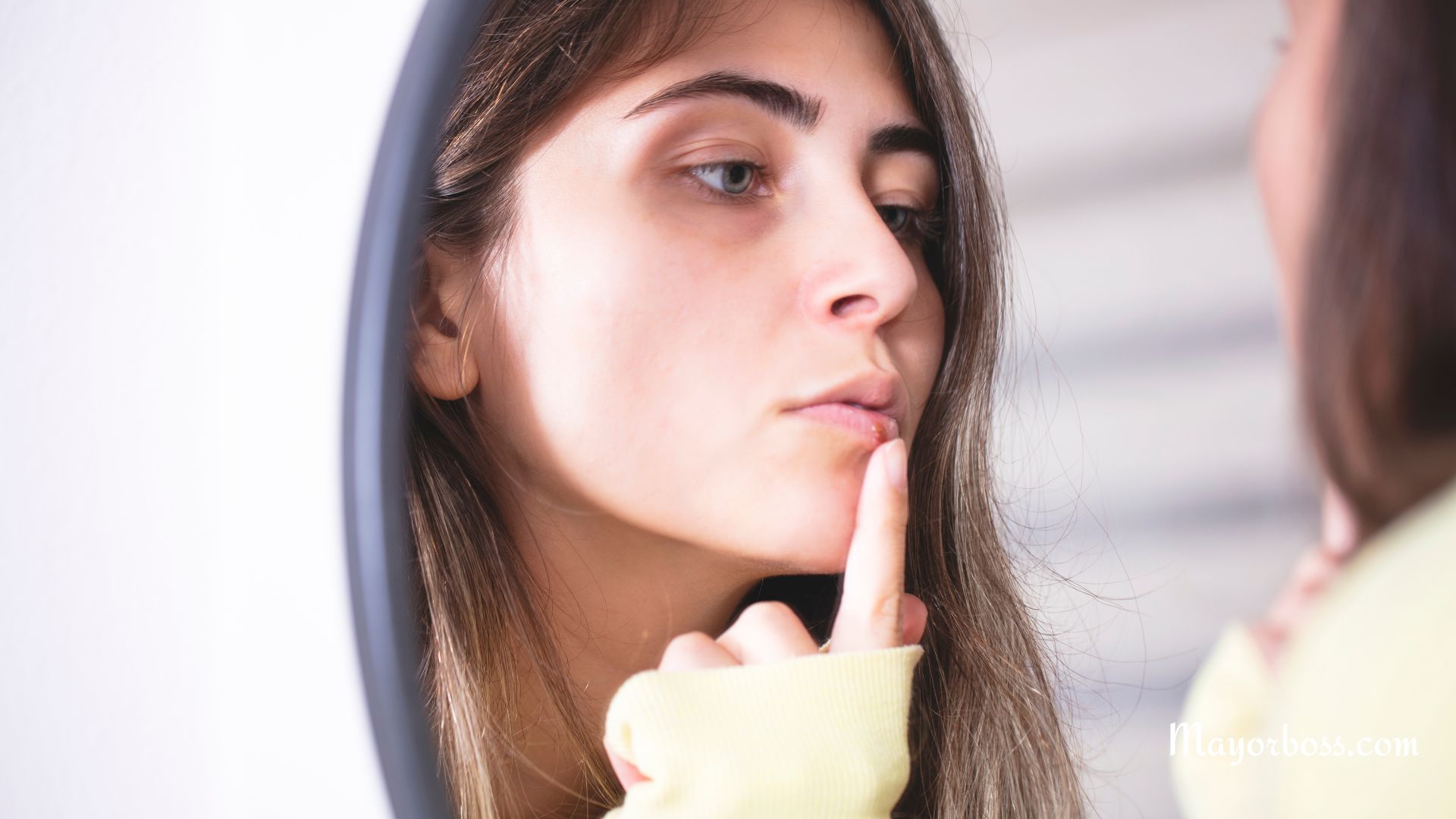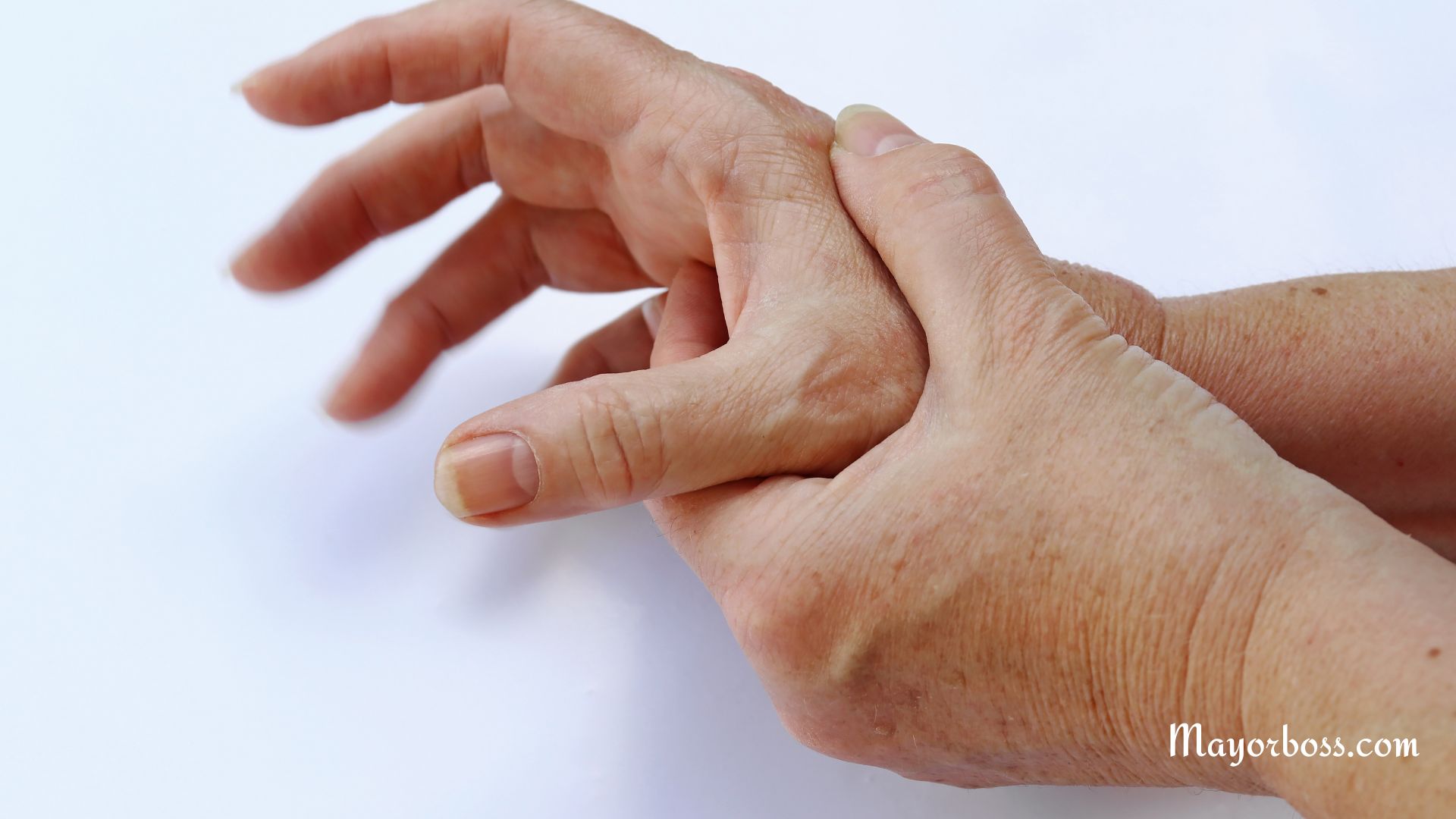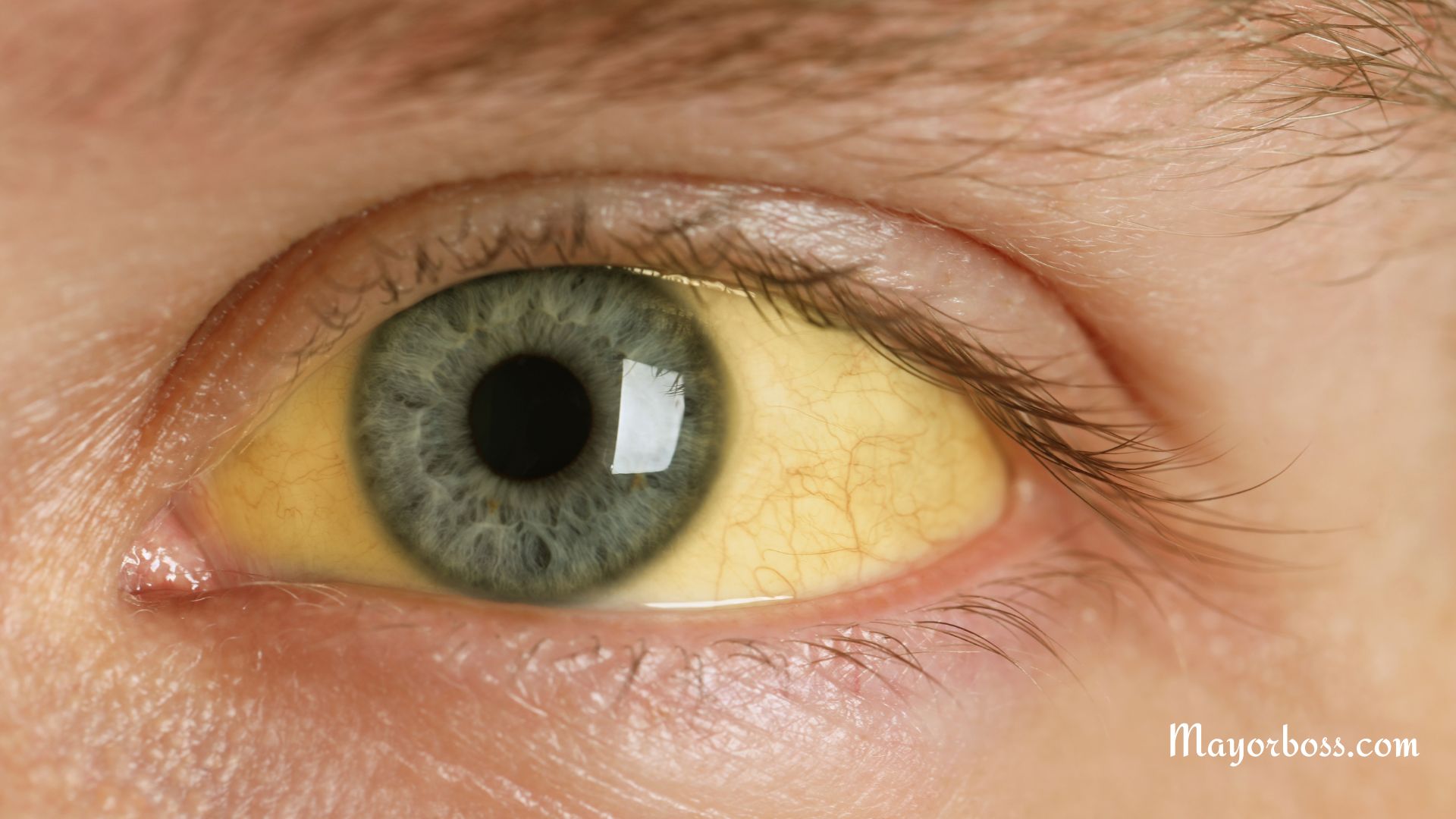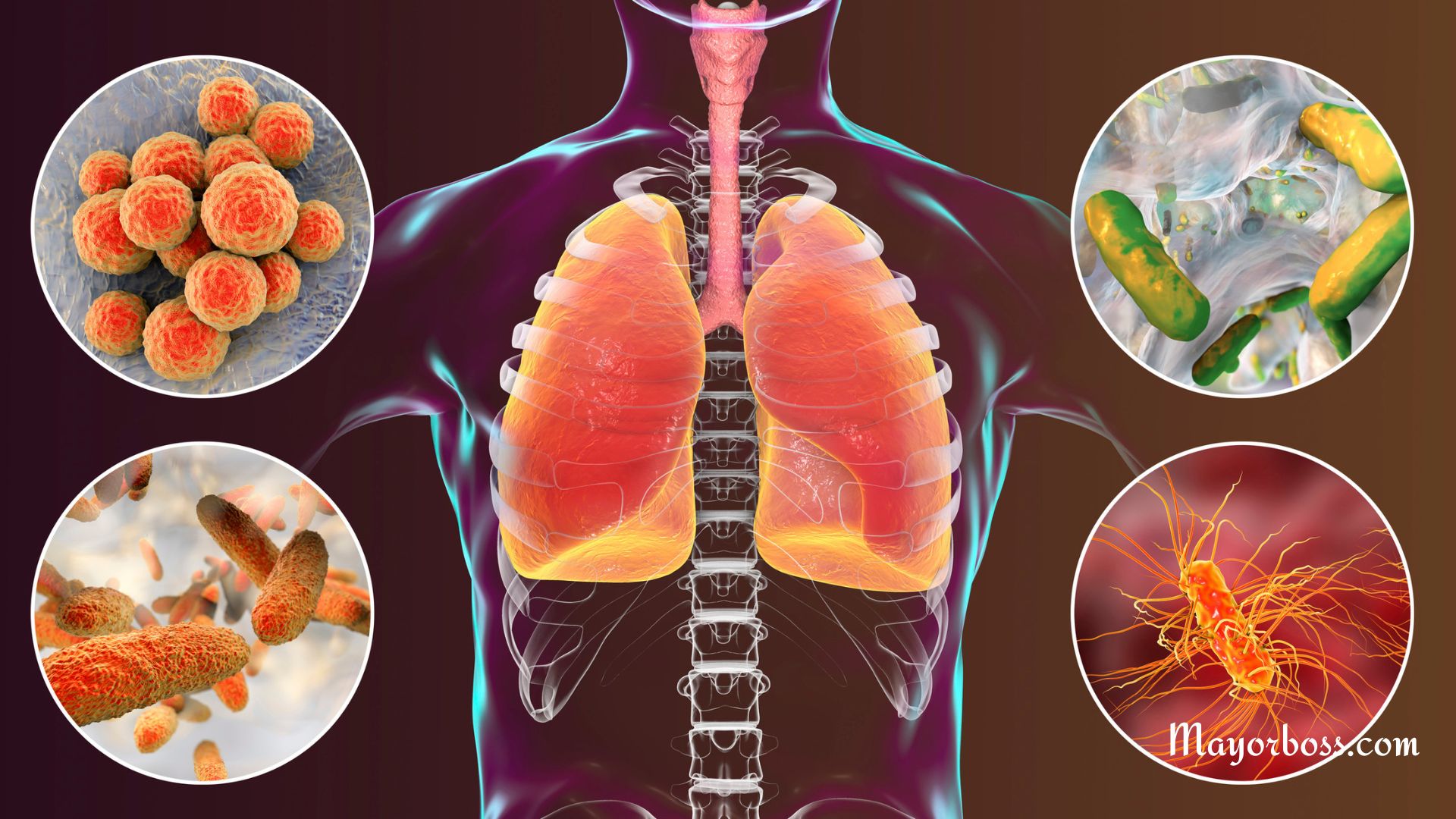What Causes Cold Sores?
What causes cold sores? Cold sores are small, fluid-filled blisters that typically appear on or around your lips. These irritating blemishes are most commonly caused by the herpes simplex virus. Factors like stress, hormonal changes, or even a weakened immune system can also trigger an outbreak. In this article, we will explore the various factors that can cause cold sores.

The Herpes Simplex Virus: The Main Culprit
When you think of cold sores, think of the herpes simplex virus (HSV). There are two main types:
- HSV-1: This type often causes cold sores on the lips and is usually contracted in early childhood.
- HSV-2: While this type primarily causes genital herpes, it can also lead to cold sores in some instances.
The virus stays dormant in your nerve cells and can reactivate later, causing another outbreak. So, if you’ve had a cold sore before, chances are you could have another one in the future.
How Do You Get Infected?
Cold sores are contagious. You can catch the herpes virus through direct contact, such as kissing someone who has a cold sore. In addition, sharing items like utensils, lip balm, or even towels can spread the virus.
Triggers: What Wakes Up the Virus?
Apart from the herpes virus itself, various triggers can cause an outbreak. Here’s what you should watch out for:
Stress and Fatigue
Feeling stressed or extremely tired can weaken your immune system. A weakened immune system can’t keep the virus in check, so you’re more likely to have an outbreak.
Hormonal Changes
In women, hormonal fluctuations during menstruation can sometimes activate the virus. This is why you may notice cold sores appearing around that time of the month.
Illness and Infection
Falling sick with another illness can also make you susceptible to a cold-sore outbreak. For example, a cold or flu can weaken your immune system, giving the herpes virus a chance to reactivate.
Sun Exposure
Too much sun can irritate your skin, especially your lips. This irritation can activate the dormant herpes virus, causing a cold sore to appear.
Cold Weather
Just like excessive sun, extreme cold can also irritate your lips and make you more prone to an outbreak.
Other Contributing Factors
Weakened Immune System
In people with a compromised immune system—due to conditions like HIV/AIDS or treatments like chemotherapy—the frequency of cold sore outbreaks may increase.
Diet and Nutrition
A lack of essential nutrients can also make you more susceptible to outbreaks. Examples of nutrients important for immune function include vitamin C and zinc.
Acidic Foods
Foods that are high in acid, like tomatoes and citrus fruits, can irritate existing sores and possibly trigger new ones. So, it’s a good idea to avoid these if you’re prone to cold sores.
Dental Procedures
Sometimes, dental work can irritate the mouth and trigger a cold sore. If you’re prone to outbreaks, consider discussing this with your dentist prior to any procedures.
Steps to Reduce Risk
You can’t completely eliminate the risk of getting cold sores, but you can take steps to minimize it. Frequent handwashing and avoiding close contact with infected individuals are good starting points. If you know you’re prone to outbreaks, consider keeping a lip balm with sunblock on hand to protect your lips from UV radiation.
When to Seek Medical Advice
If you’re experiencing frequent or severe outbreaks, consult a healthcare provider. Antiviral medications can help reduce the frequency and severity of outbreaks.
Frequently Asked Questions
What Does a Cold Sore Look Like?
Cold sores start as small, fluid-filled blisters that appear on or around the lips. As they progress, these blisters burst and form a crust, eventually healing on their own. You might also notice redness and swelling around the affected area.
How Long Do Cold Sores Last?
Generally, cold sores go through a cycle that lasts about 8-10 days. Initially, you may feel a tingling or burning sensation, which is a sign that a blister is about to form. The blister eventually ruptures and starts to crust over, leading to the healing phase.
Can I Kiss Someone If I Have a Cold Sore?
It’s best to avoid kissing or any form of direct contact with the affected area when you have an active cold sore. The herpes virus is highly contagious and can easily spread to another person during this time.
Are Cold Sores and Canker Sores the Same Thing?
No, they are not the same. While cold sores are caused by the herpes simplex virus and are contagious, canker sores occur inside the mouth and are not contagious. Canker sores are often triggered by factors like stress, minor injuries to the mouth, or certain foods.
How Can I Prevent Future Outbreaks?
While you can’t completely prevent cold sores, you can take measures to reduce the frequency of outbreaks. Manage stress effectively, eat a balanced diet rich in immune-boosting nutrients, and avoid excessive sun exposure. Antiviral medications may also be an option; consult your healthcare provider for advice.
Further Reading: How to Get Rid of Cold Sores Fast






